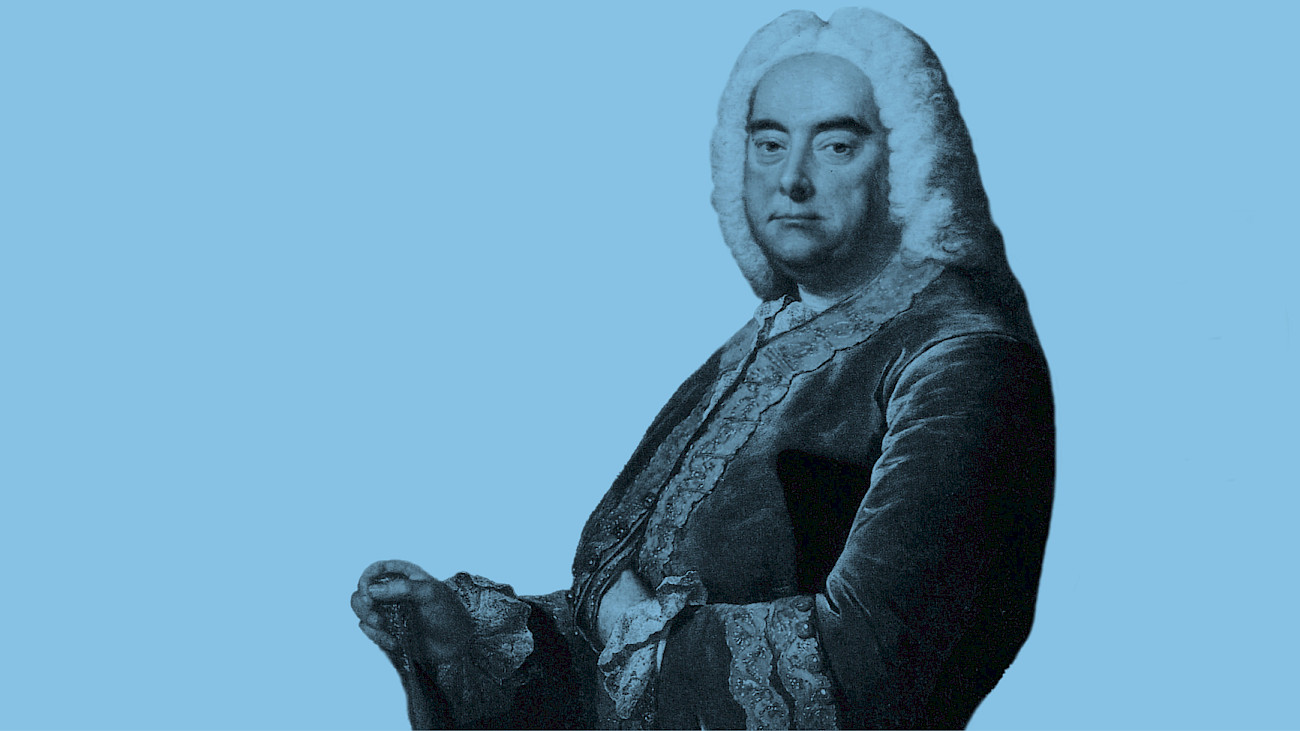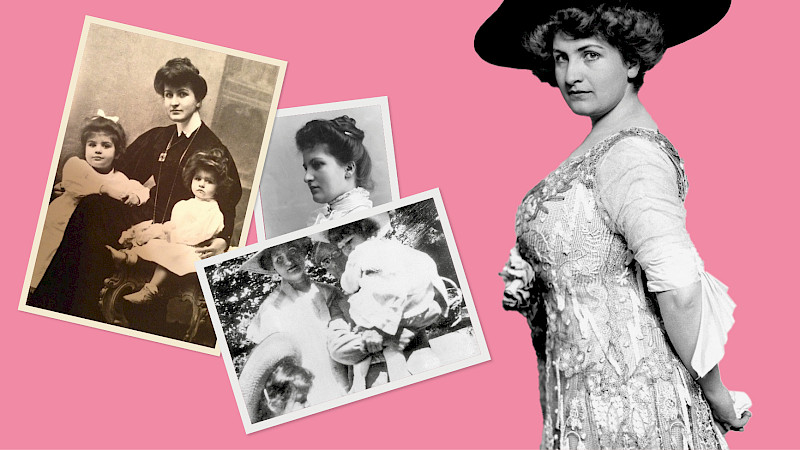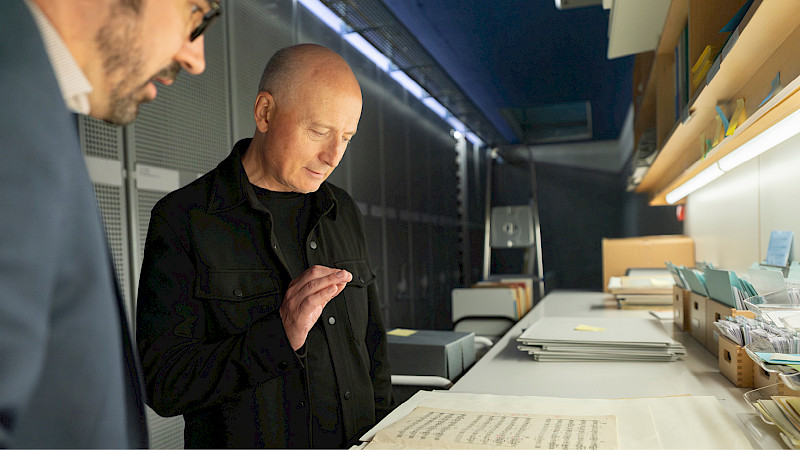
More than just a "Hallelujah"
Four minutes of music from Handel's "Messiah" have made it into popular culture. But there is much more to discover in the work.
Carl Orff's "Carmina Burana" and Richard Strauss' "Also sprach Zarathustra" have something in common, despite their differences: memorable melodies. World boxing champion Henry Maske, for example, used Orff's "O Fortuna" to march into the arena. And the opening bars of Strauss' symphonic poem were made world-famous by Stanley Kubrick's film "2001: A Space Odyssey". The popularity of these few bars is both a curse and a blessing. On the one hand, this is how we first come into contact with the music; on the other hand, we are often unaware of which composer or which piece it comes from.
The works mentioned share this fate with the four-minute "Hallelujah" from George Frideric Handel's "Messiah". The music has been used countless times, for example in youth series such as "The Simpsons", "SpongeBob SquarePants" and "South Park", but also in historical dramas such as "The Duchess".
But Handel's "Messiah" has much more to offer. Here, a few of the interpreters reveal their favourite passages - and give listening tips for the performance.
Listening tip #1: Florian Boesch, bass
"My favourite lines from 'Messiah' are probably: 'Thy rebuke hath broken His heart; He is full of heaviness. He looked for some to have pity on Him, but there was no man, neither found He any to comfort Him' from Psalm 69. In rebuke we are afflicted, in search of comfort. In these few lines, we are struck incredibly clearly in our humanity. Handel only needs 18 bars to sensitively and delicately touch the core in which we are all alike."
Listening tip #2: Yukiko Ishibashi, violinist in the Tonhalle-Orchester Zürich
"As a child, I often went to concerts in Japan and listened to Handel. My mother is a singer and always sang the alto part. When I hear the piece, these moments come to mind. I find the passage 'He was despised and rejected of men' very beautiful, where the alto voice is accompanied by the sad motif of the violins, although the music is written in a major key. This alternation of vocals and violins, these sighs and moments in pianissimo have a very emotional effect on me. But it is the two sides of the melody that captivate me: the warmth, but also the uncertainty. The vulnerability in the music impresses me every time."
Listening tip #3: Philipp Wollheim, violinist in the Tonhalle-Orchester Zürich
"The 'Pifa' from the 'Messiah' is always a highlight for me, as its simplicity and the swaying 12/8 time signature leave me with such a cosy, Christmassy feeling. As one of only two orchestral pieces in the first part of 'Messiah', it serves as an instrumental counterpoint and at the same time a haven of peace."
Listening tip #4: Florian Helgath, rehearsals Zürcher Sing-Akademie
"From my point of view, the oratorio 'Messiah' is incredibly diverse because there are so many characters and colours for the choir, unlike in almost any other piece of choral symphonic literature. The whole story of Jesus Christ is told, from the birth, the joy of Christmas, the Passion, this suffering, to the resurrection and great bliss at the end - and with this huge number of choral numbers in the most diverse expressive styles, this is an absolutely unique work."
Listening tip #5: Anita Leuzinger, cellist in the Tonhalle-Orchester Zürich
"Handel's 'Messiah' and baroque oratorios in general are always highlights for me. Listening to and playing these works of art have an incredibly enriching and purifying effect in our short-lived times. I can't really commit myself to a favourite part, but only wish everyone to experience these works as a whole. For me, continuo playing is one of the most beautiful things there is: Accompanying the singers, translating the drama of the text into music, usually with very few notes, requires the utmost sensitivity and attention - an almost meditative state."
Listening tip #6: Jan Willem de Vriend, conductor
"Maybe it's a cliché, but the 'Hallelujah' is really wonderful. And I always ask myself why. Is it because the text and music fit together perfectly? That it has an ingenious structure? Because all the instruments are used to optimum effect? Or because it is so well written for the voice? But isn't it also the humour, with the imitation of sheep, for example, or is it the seriousness of the beginning? The 'Messiah' really has everything that music can offer."
We use deepL.com for our translations into English.





